Barrytown is a tiny town (technically a hamlet) in New York with a small population, and it was named after the 19th-century US Postmaster General William Taylor Berry. You can find out all that stuff from a quick internet search. But you can’t find out exactly why Donald Fagen and Walter Becker of Steely Dan thought it necessary to name a 1974 song after the town. We do know they created an unforgettable portrait of cultural differences that probably could have been set just about anywhere.
Videos by American Songwriter
A “Town” Without Pity
We could find no instance where Fagen or Becker ever detailed exactly why they chose Barrytown as the location for this song. But we do know that the town isn’t that far from Bard College. The budding musicians matriculated at Bard. (The college also inspired the caustic Steely Dan song “My Old School”).
As a way of explaining the song, Fagen once said that he liked the sound of the name. He then digressed to other topics. Steely Dan fans know that the band’s lyrics can often be notoriously difficult to parse in order to find the definitive meaning behind them.
Many internet sleuths have pointed to the fact that Barrytown hosted a seminary of the Unification Church, founded by South Korean religious leader Sun Myung Moon. Some folks thought that the “Moonies,” the nickname for followers of this sect, belonged to a cult.
Knowing their reputations, Fagen and Becker would gleefully approach a topic such as that. But the timing doesn’t add up. The writing of “Barrytown” actually occurred before that church appeared in the town. We might never know the exact answer. But wild speculation has always delivered half the fun when it comes to dissecting the work of the Dan.
Exploring the Lyrics of “Barrytown”
We often automatically assume that the narrator of a song is supposed to be sympathetic. But some songwriters, a la Randy Newman or Warren Zevon, toy with that notion to keep listeners off guard. Becker and Fagen often did that kind of thing as well. Perhaps looking at “Barrytown” from that perspective can unlock some of its secrets.
The narrator engages in a conversation with someone from the titular location. He’s trying to make them understand why they can no longer be close. “Though you’re not my enemy,” he says. “I like things like they used to be.” That doesn’t exactly gibe with what he said earlier. “I’m not one to look behind I know that things must change,” he promised.
In the second verse, his attempts to defend himself don’t exactly scan as righteous as he hopes. “Don’t believe I’m taken in by stories I have heard,” he says. “I just read the Daily News and swear by every word.” Little by little, this guy is revealing himself. He just doesn’t want to hear both sides of the story.
“But look at what you wear,” he sneers. “And the way you cut your hair.” Even his efforts to be sympathetic come off as threatening. “Leave me or I’ll be just like the others you will meet,” Fagen sings. “They won’t act as kindly if they see you on the street.” He ends up in a nasty tone. “It’s a special lack of grace,” he says. “I can see it in your face.”
“I can see by what you carry that you come from Barrytown,” Fagen claims in the refrain. We don’t know exactly what that insult is supposed to mean. But the evidence within “Barrytown” suggests it’s much more damning to the person leveling it than it is to the target.
Photo by BSR Agency/Gentle Look via Getty Images

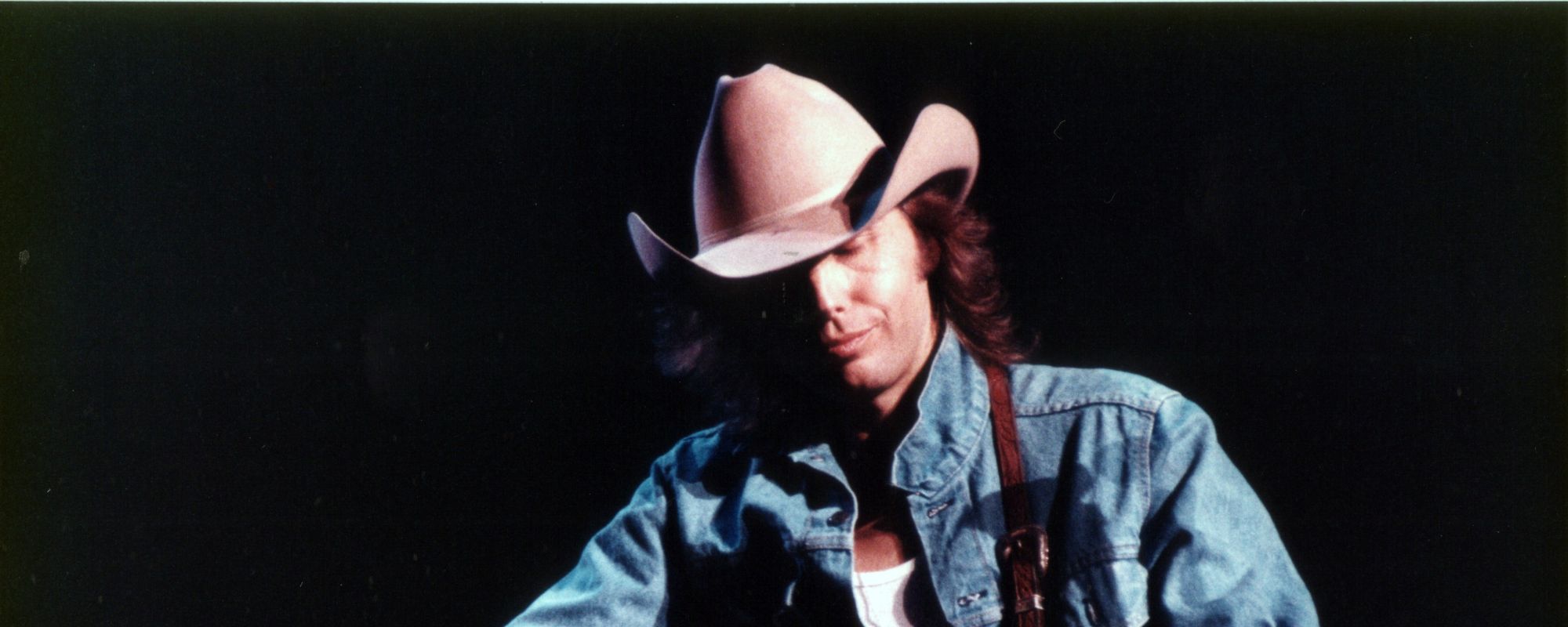

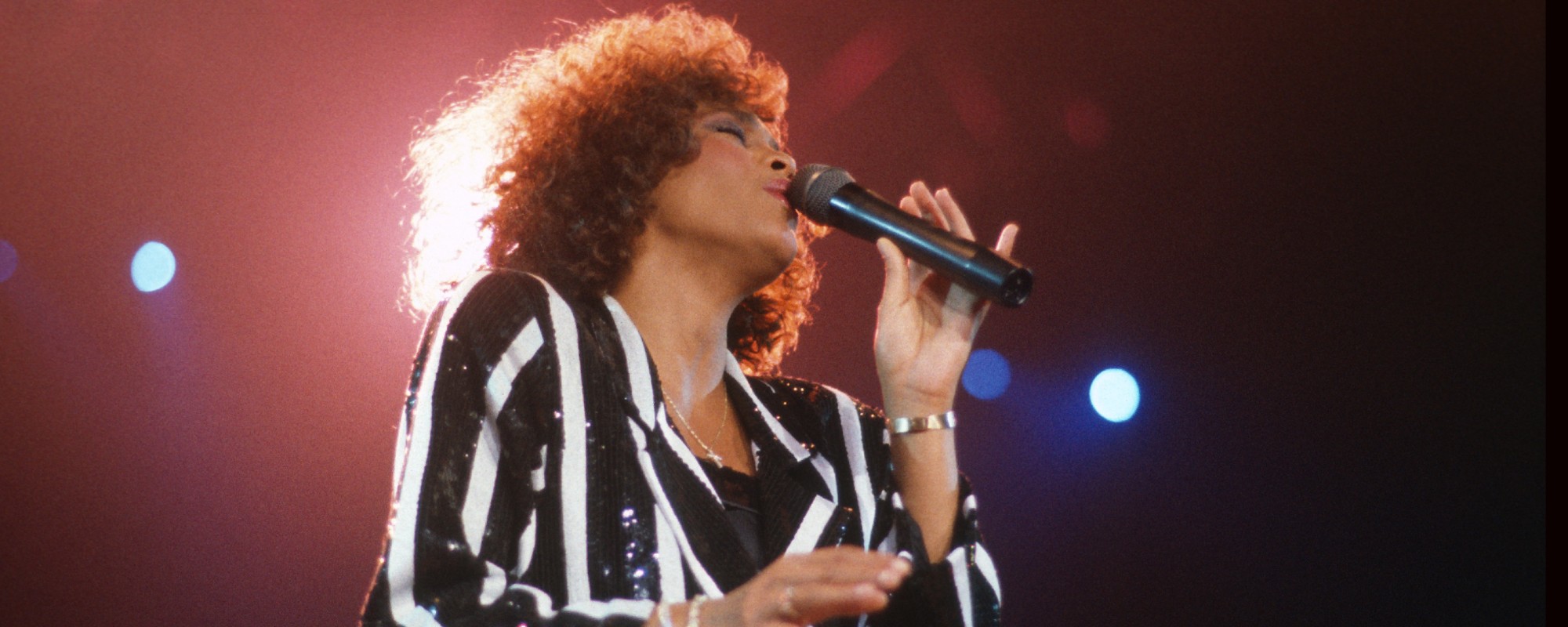

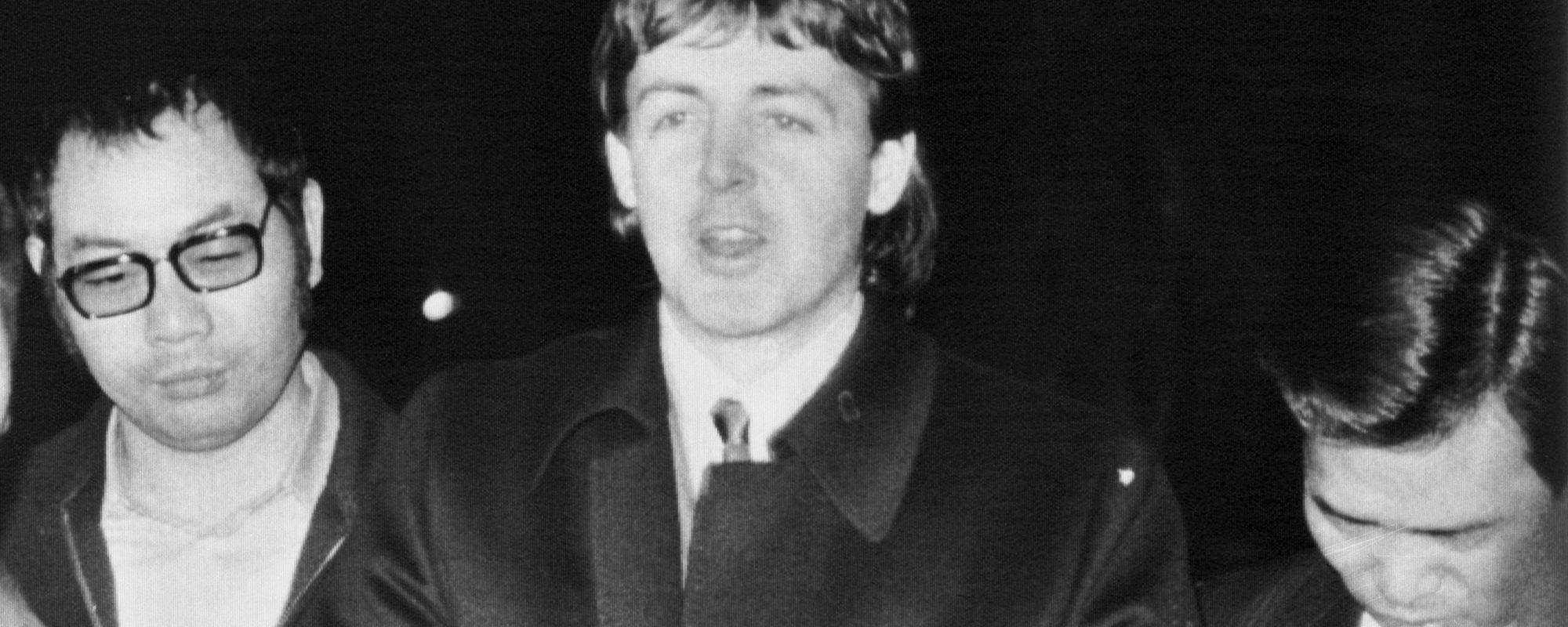
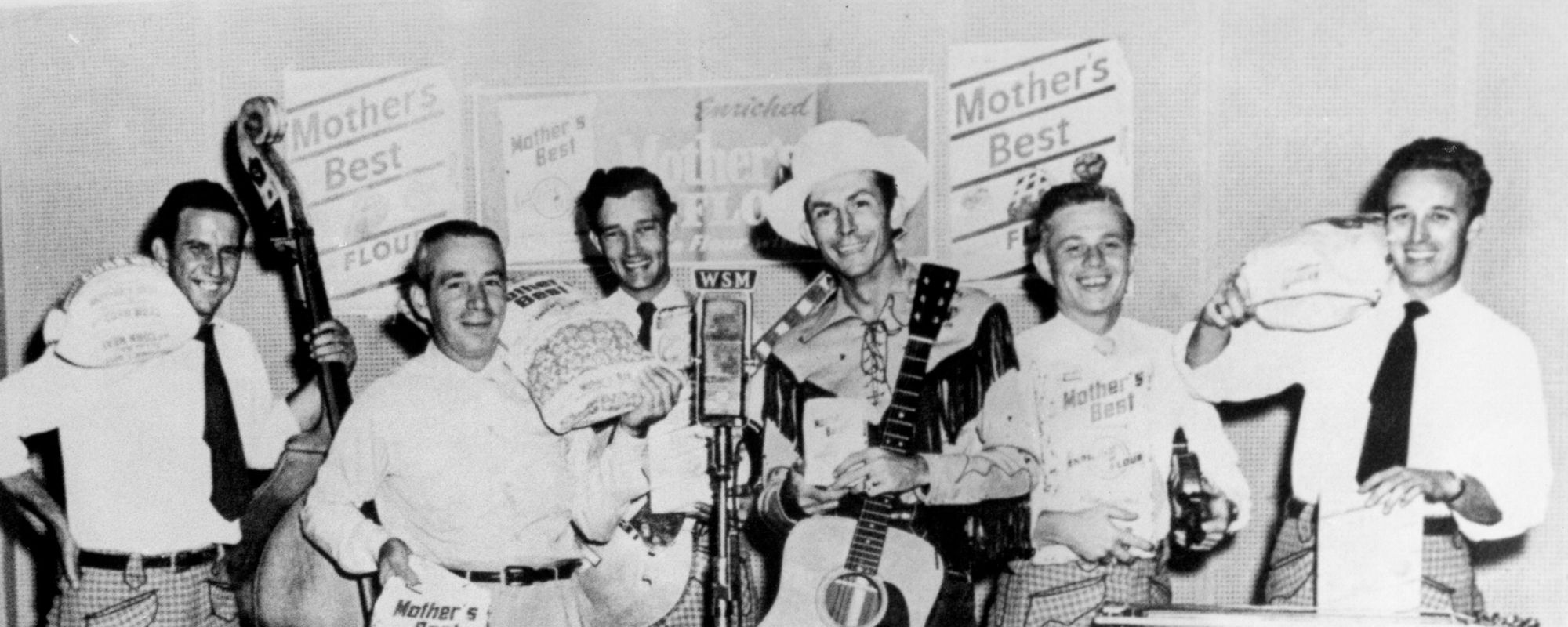
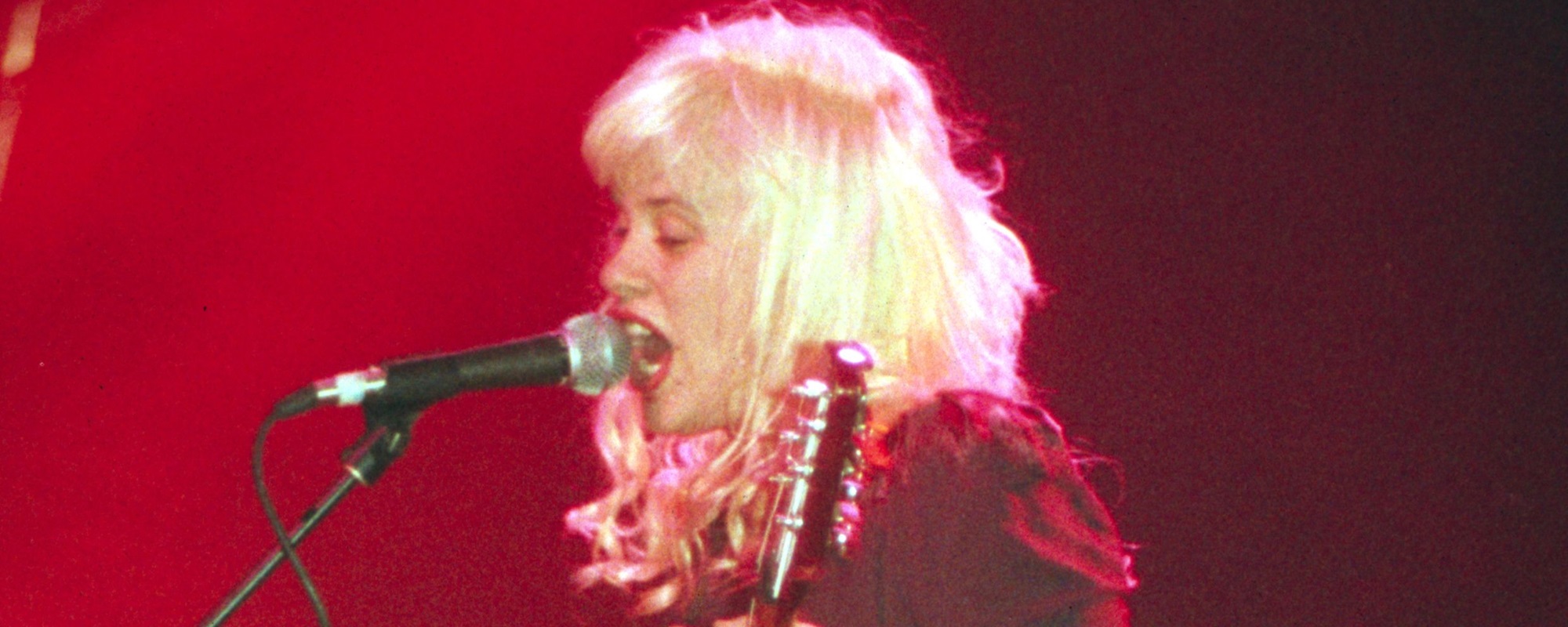


Leave a Reply
Only members can comment. Become a member. Already a member? Log in.